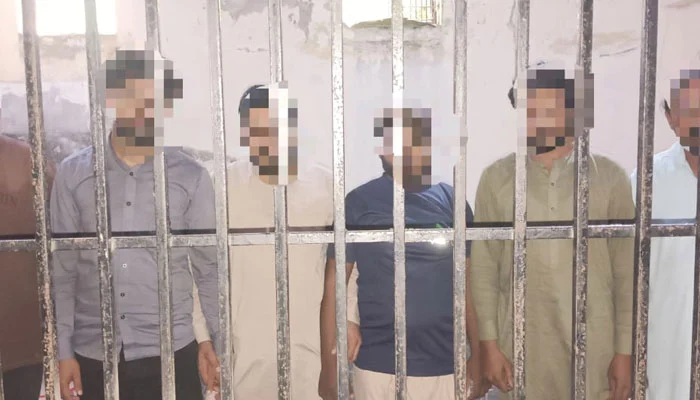In a significant enforcement action against human organ trafficking, Pakistan’s Federal Investigation Agency (FIA) has arrested six individuals linked to a ring facilitating illegal kidney transplants. The operation marks an aggressive step in targeting what officials describe as an organised network exploiting vulnerable patients and donors.
Preliminary investigation indicates that the suspects were involved in the illegal buying and selling of kidneys, producing fake tissue-matching documents, and arranging transplant surgeries in private hospitals without proper legal or medical oversight. The network reportedly charged patients substantial amounts of money, promises of treatment were made, and many donors were recruited under questionable conditions.
Authorities say the crackdown was part of a broader effort to dismantle human organ trade networks that span multiple cities and include doctors, technicians, lab personnel, and middlemen. One key accusation is that some procedures were carried out with falsified medical documentation and that hospitals facilitated transplants outside of regulatory norms.
The arrests raise serious questions about regulatory oversight in the healthcare sector, especially in organ transplantation. Key concerns include whether hospitals adhered to proper consent and donor-matching protocols, whether tissue-typing and matching procedures were valid, and whether donors were informed of their rights and risks. The role of private hospitals in enabling these operations demands scrutiny.
For patients and donors alike, the implications are profound. Donors may have been coerced or misled, medical risks ignored, and post-transplant care uncertain. Recipients may face health complications because of poorly supervised surgeries or mismatched organs. Ethical standards and patient rights appear to have been compromised.
This move signals a message from authorities: organ trafficking and illegal transplant operations cannot continue unchecked. But it is also a reminder of the systemic weaknesses that enable such networks to operate. Gaps in donor registration systems, hospital oversight, medical audit processes, tissue matching accuracy, and post-operative tracking allow illegal practices to flourish.
Going forward the effectiveness of this crackdown will depend on several factors: sustained investigations to uncover all participants in the network, legal reform to strengthen organ transplant regulation, hospital audits to ensure full compliance, donor advocacy to protect vulnerable individuals, and public awareness about the dangers of illegal transplants.
For Pakistan’s health system to reclaim integrity in this area, accountability must not stop at arrests. Transparent reporting, regular inspections of transplant facilities, rigorous donor-recipient tracking, mandatory accreditation of transplant hospitals, and strict prosecution of violations are essential.
The recent arrests are a necessary first step, but they must be followed by systemic change. Patients who trust the healthcare system need assurance that their rights, safety, and outcomes are protected not exploited. Ensuring that organ transplant services follow the highest ethical and medical standards is not optional it is fundamental.



Comments (0)
No comments yet. Be the first to comment!
Leave a Comment